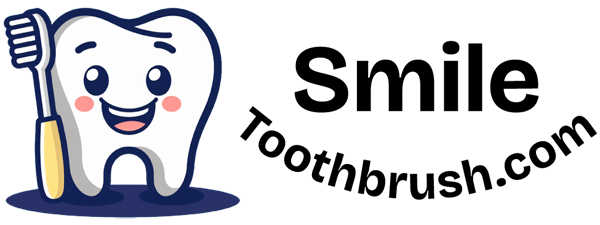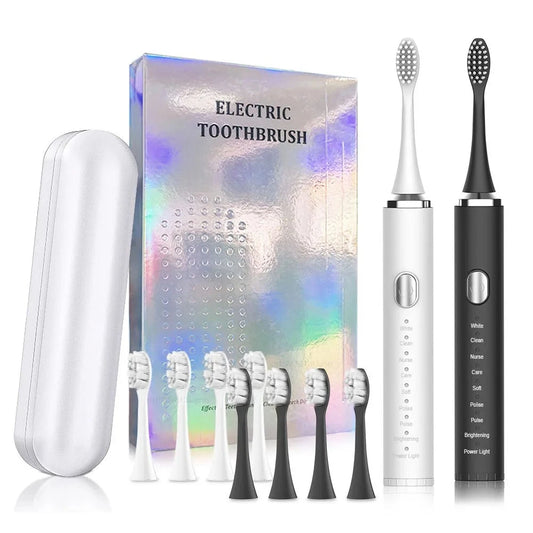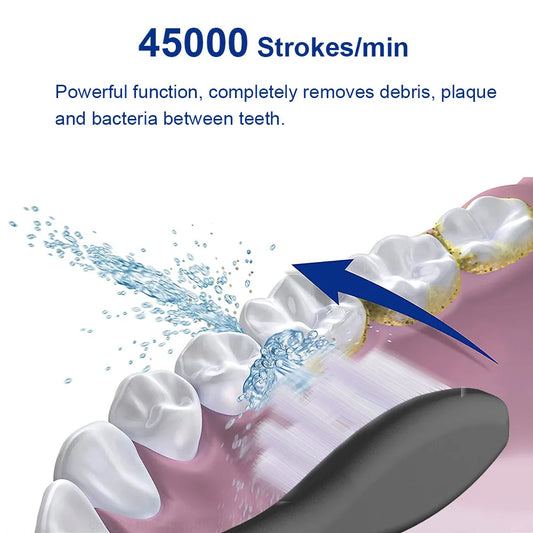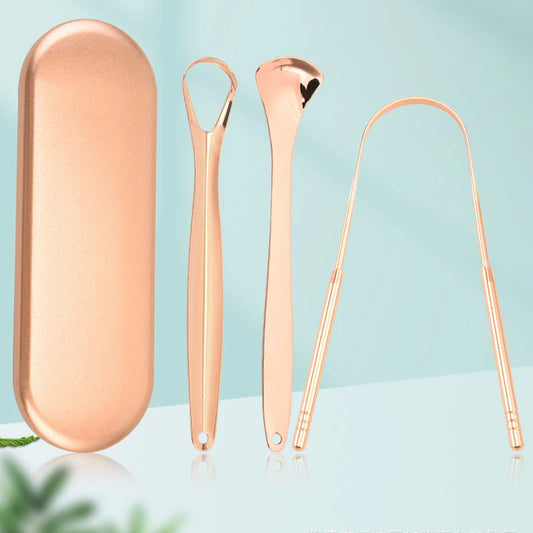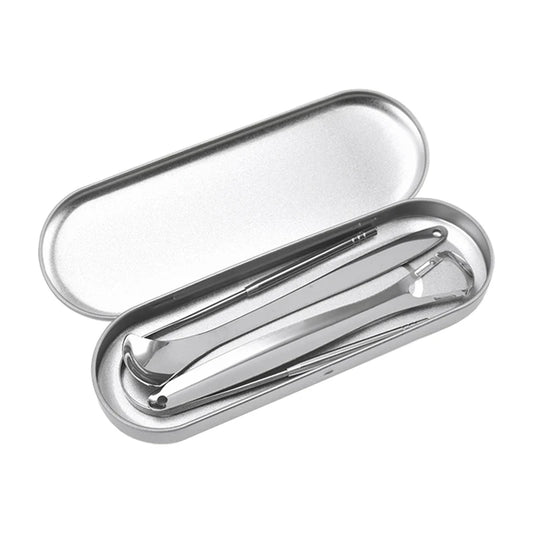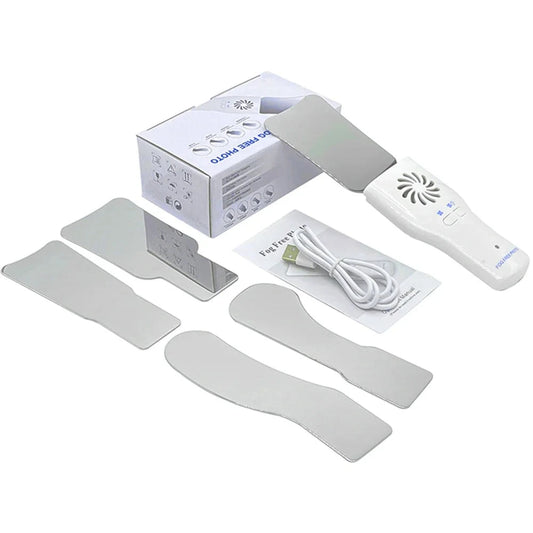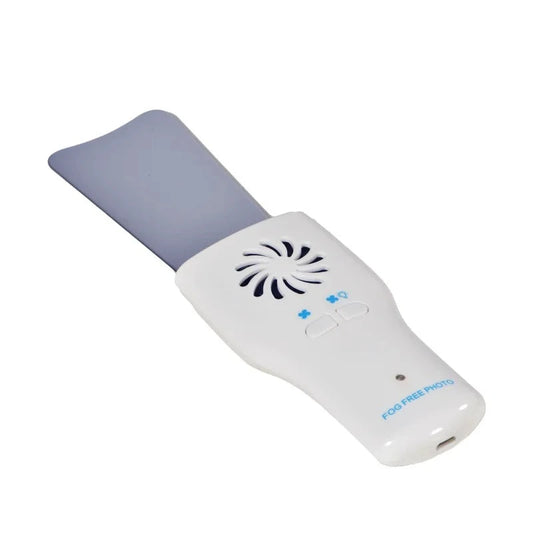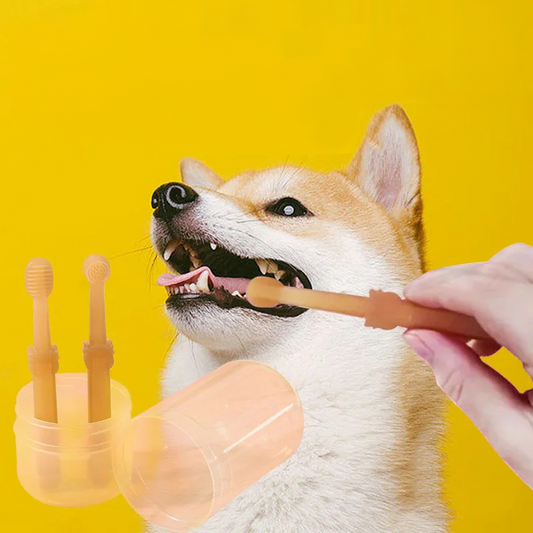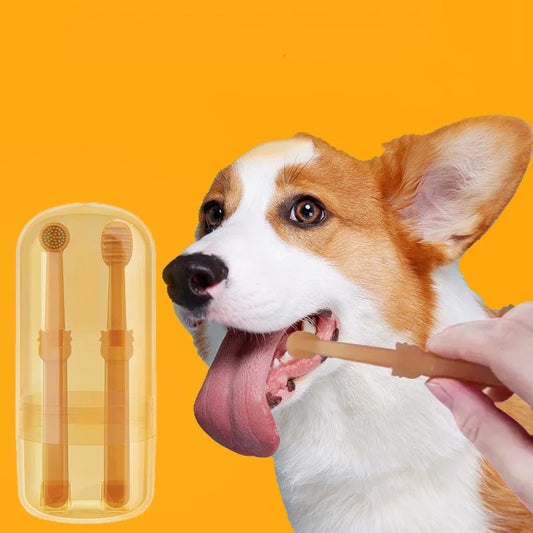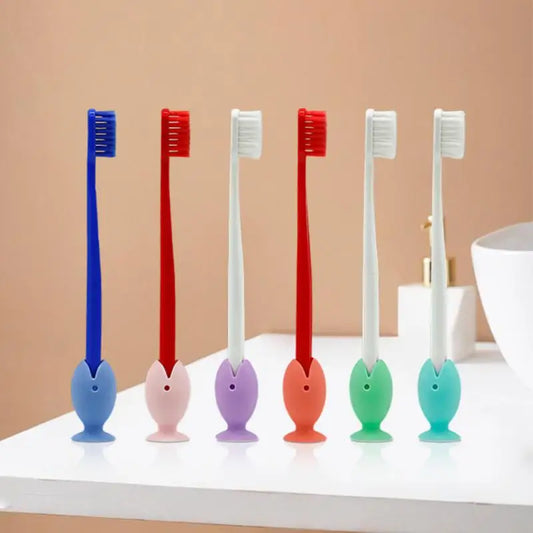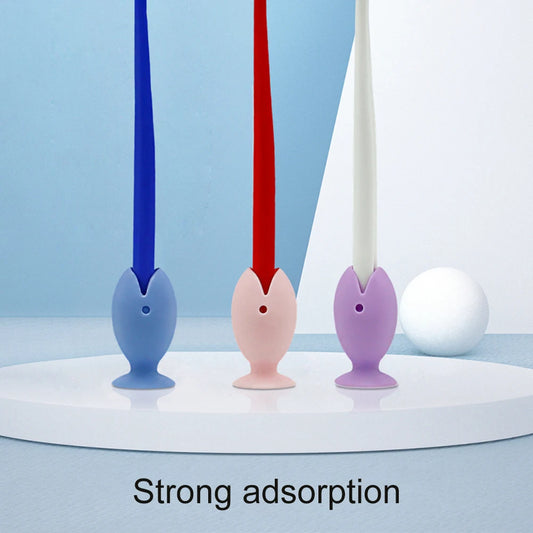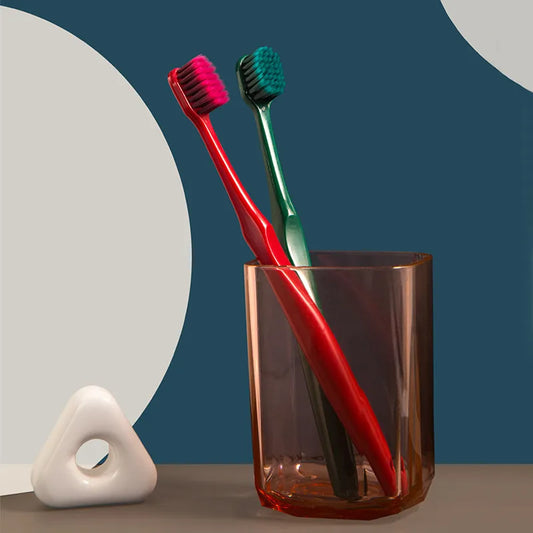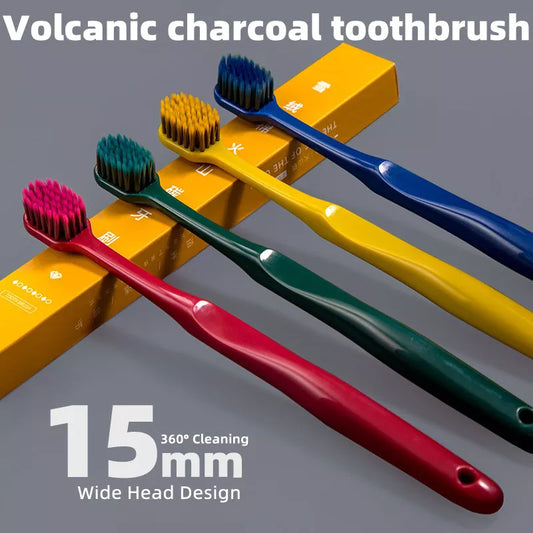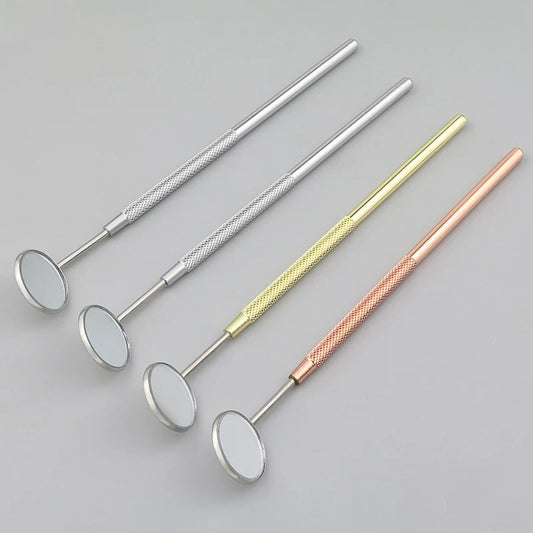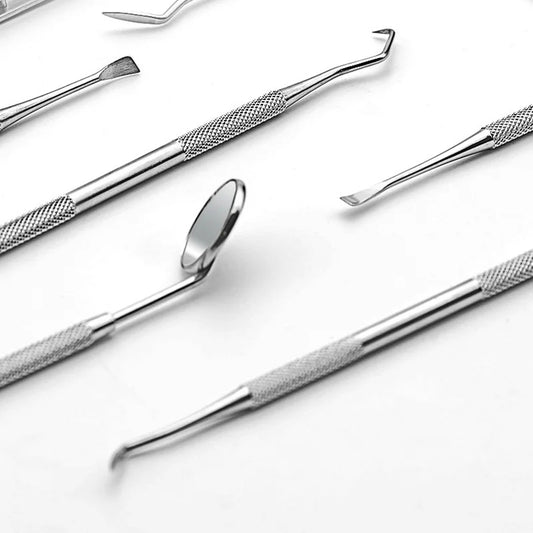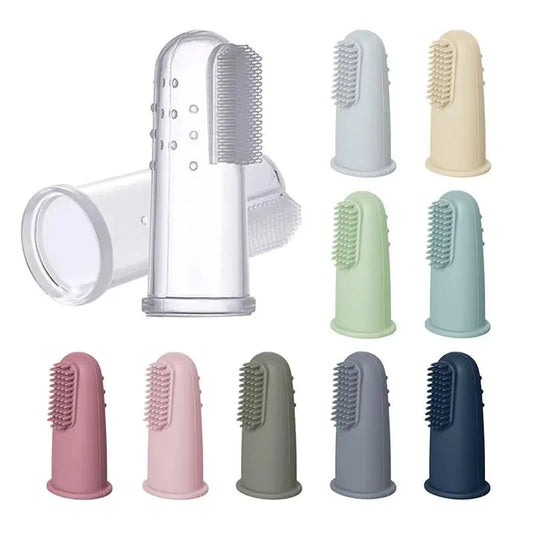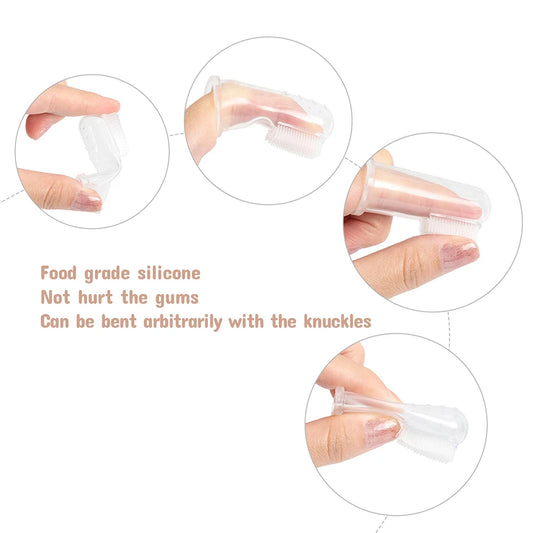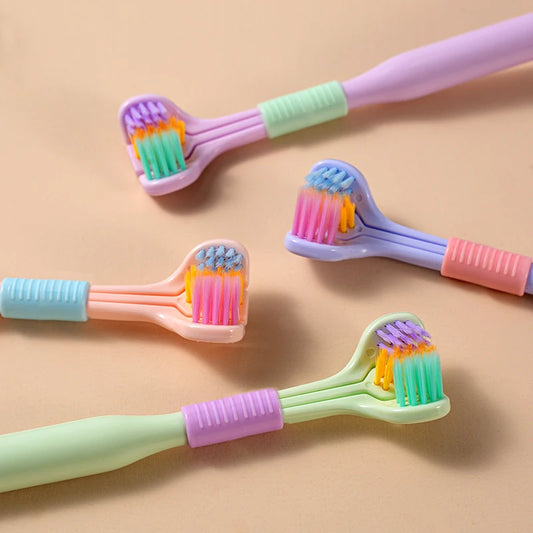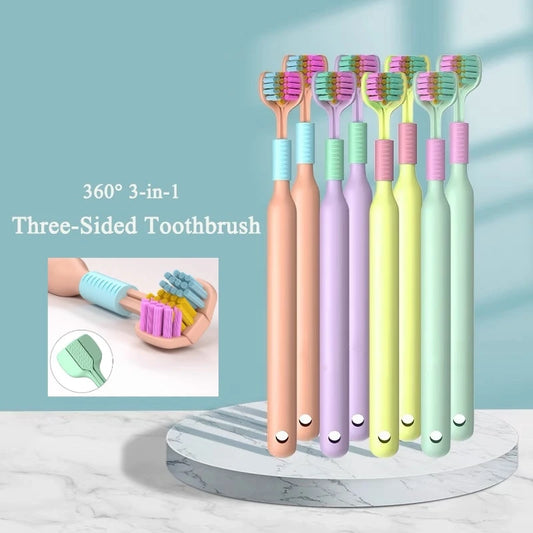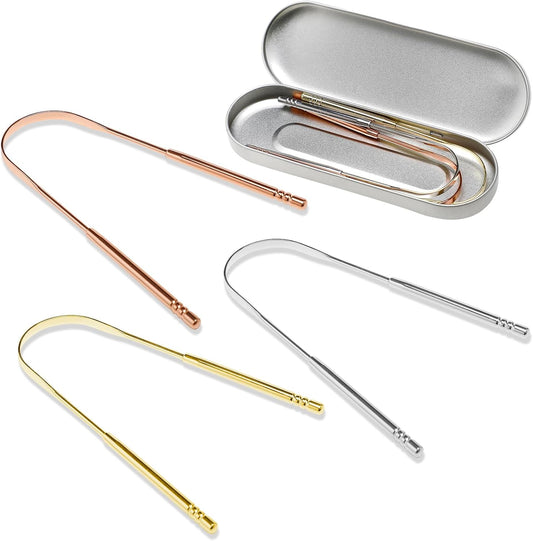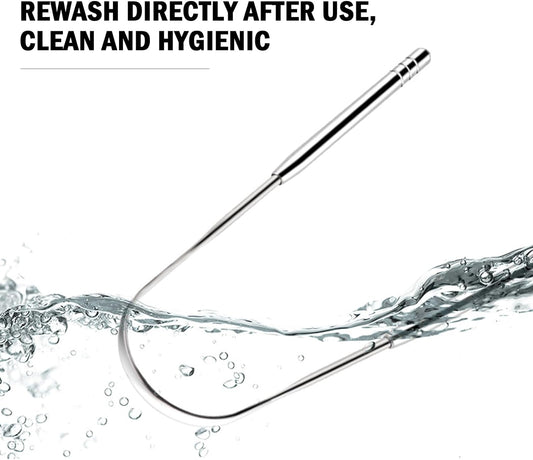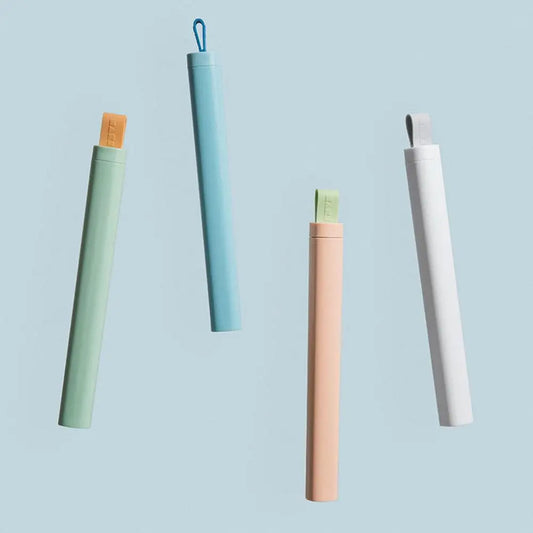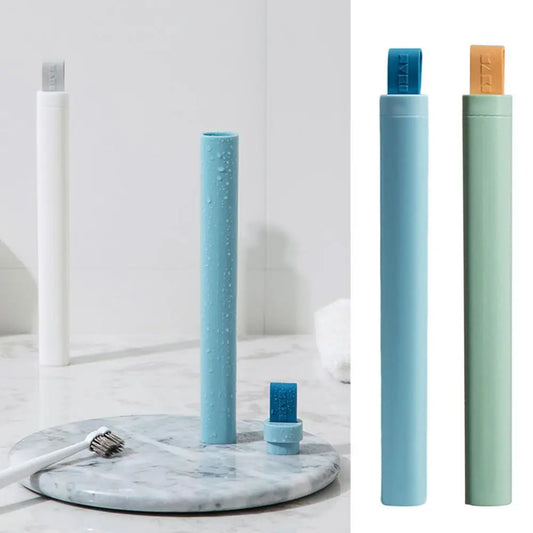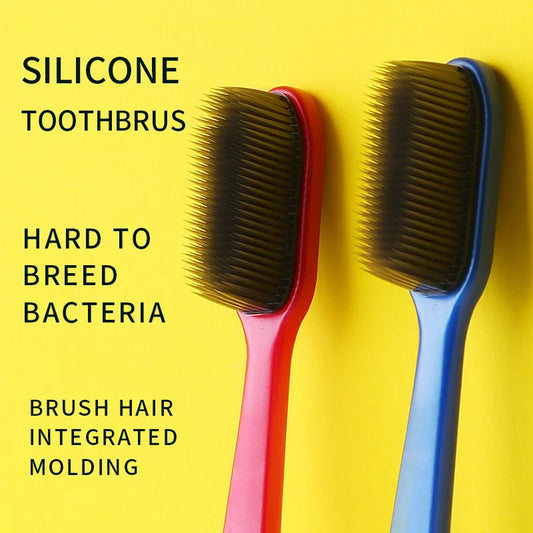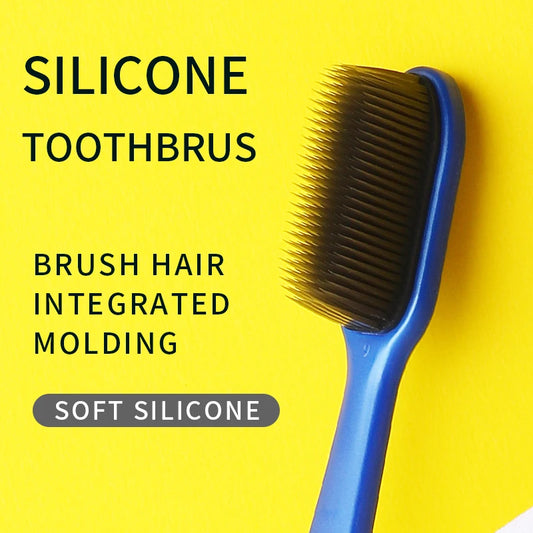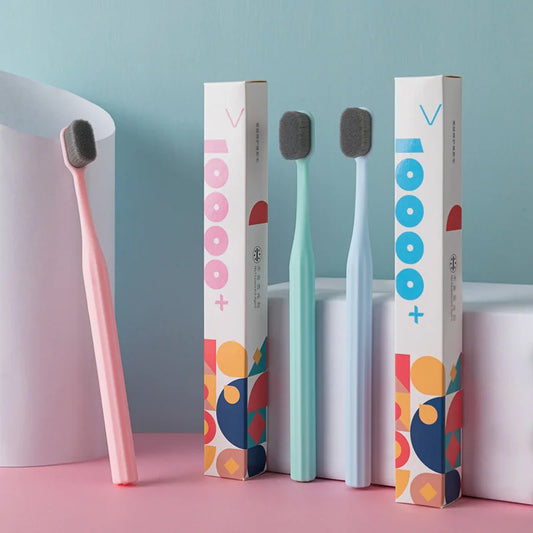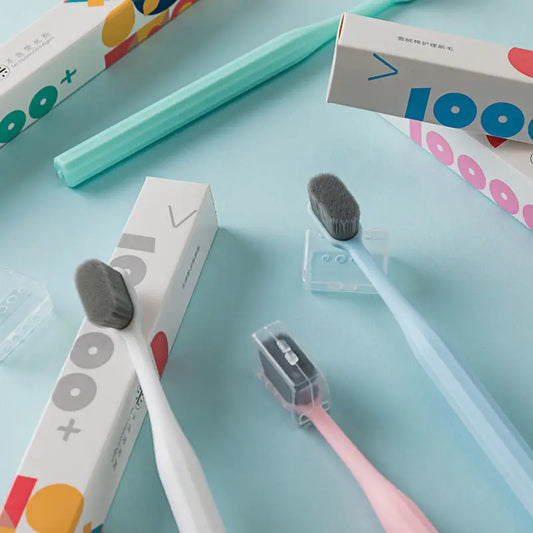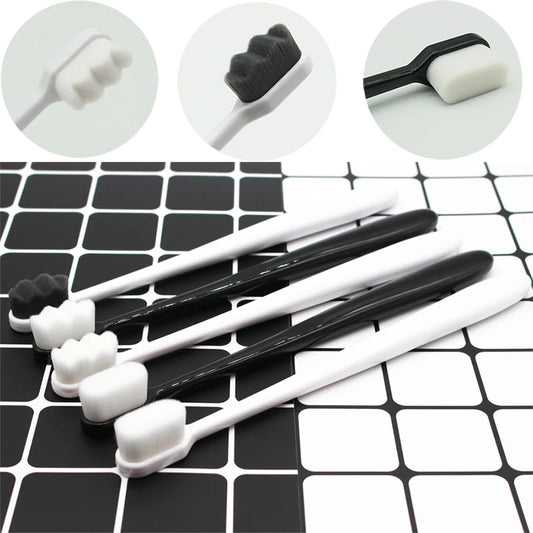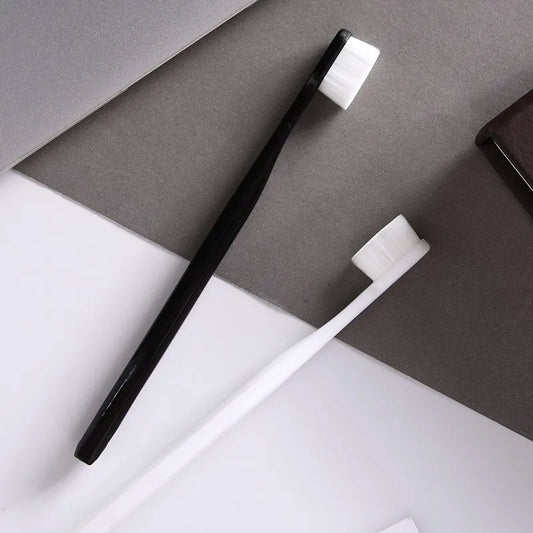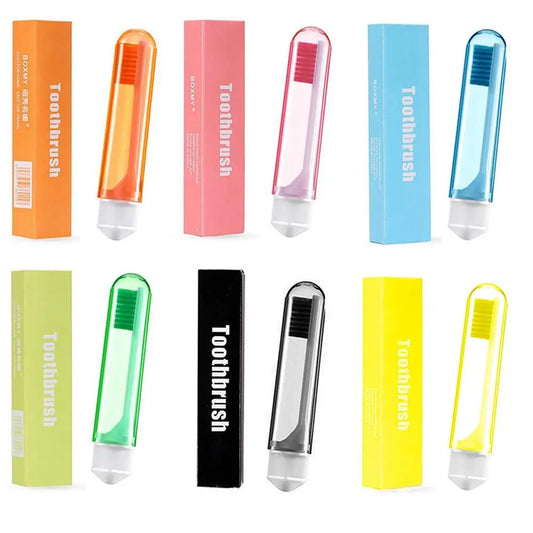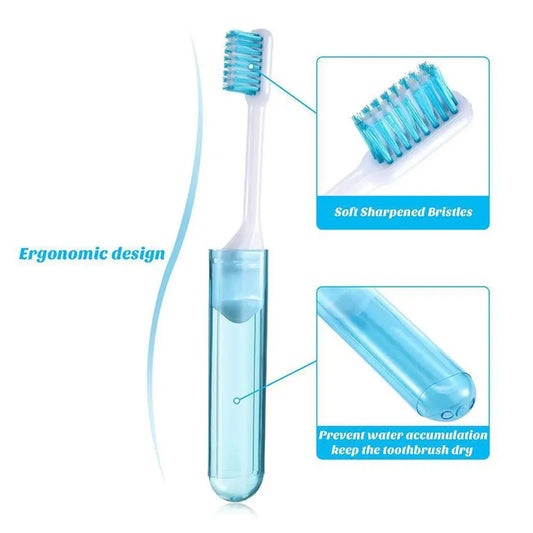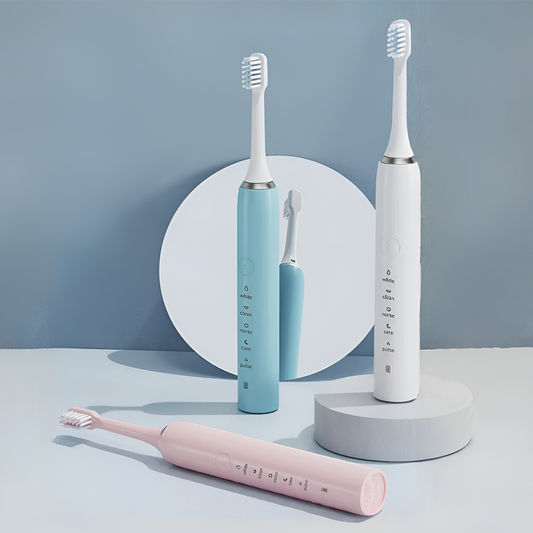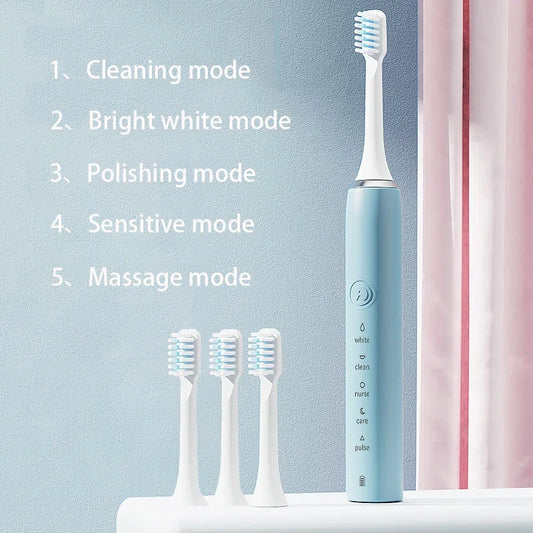Starting a dental care routine early is essential for your child’s overall health and development. Establishing good habits from the beginning can set the stage for a lifetime of healthy teeth and gums. Here’s why an early dental care routine is crucial and how you can get started with practical tips for your little one.
Why Early Dental Care Matters
1. Prevents Tooth Decay
Dental care isn’t just about keeping teeth clean; it’s about preventing tooth decay and cavities. Baby teeth, though temporary, are vital for your child’s oral health. They help with eating, speaking, and guiding the permanent teeth into place. Early brushing helps remove plaque and bacteria, reducing the risk of cavities.
2. Promotes Healthy Habits
Establishing a dental care routine early helps your child develop healthy habits that will last a lifetime. By making oral hygiene a regular part of their day, you set an example and create a routine that they will follow as they grow older.
3. Reduces the Risk of Gum Disease
Gum disease can start early, even in young children. Regular brushing helps keep the gums healthy and reduces the risk of gingivitis and other gum-related issues. Healthy gums are crucial for the proper alignment and health of the teeth.
4. Familiarizes Your Child with Dental Visits
Introducing dental care early also prepares your child for future dental visits. The American Academy of Pediatric Dentistry recommends scheduling a dental checkup by the age of one or within six months of the first tooth appearing. Early visits can help your child become accustomed to the dentist, making future visits more comfortable and less stressful.
Tips for Establishing an Effective Dental Care Routine
1. Start Early
Begin oral care even before your baby’s teeth come in. Gently wipe their gums with a soft, damp cloth after feedings to remove bacteria. Once the first tooth appears, start brushing with a soft-bristled toothbrush designed for infants.
2. Brush Twice a Day
Establish a routine of brushing your child’s teeth twice a day—once in the morning and once before bed. Consistency is key to maintaining good oral hygiene. Make brushing a part of your child’s daily routine to help them understand its importance.
3. Use Age-Appropriate Products
Choose toothpaste and toothbrushes that are specifically designed for your child’s age. For infants, use a tiny smear of fluoride toothpaste and a toothbrush with a small head and soft bristles. As your child grows, transition to products that suit their developing needs.
4. Make Brushing Fun
Turn brushing into a fun and engaging activity. Sing songs, use a toothbrush with their favorite character, or let them choose their own toothbrush. Creating a positive experience helps your child look forward to brushing and makes it a less stressful part of their day.
5. Be a Role Model
Children learn by watching their parents. Brush your teeth alongside your child to show them that dental care is a normal and important part of daily life. Your enthusiasm and commitment will encourage them to adopt good habits.
Conclusion
Establishing a dental care routine early is a crucial step in ensuring your child’s long-term oral health. By starting early, brushing twice a day, using age-appropriate products, making the experience enjoyable, and setting a good example, you can help your child develop healthy habits that will benefit them throughout their life.
At Smile Toothbrush, we provide the tools and tips you need to make dental care easy and effective for your little one.
